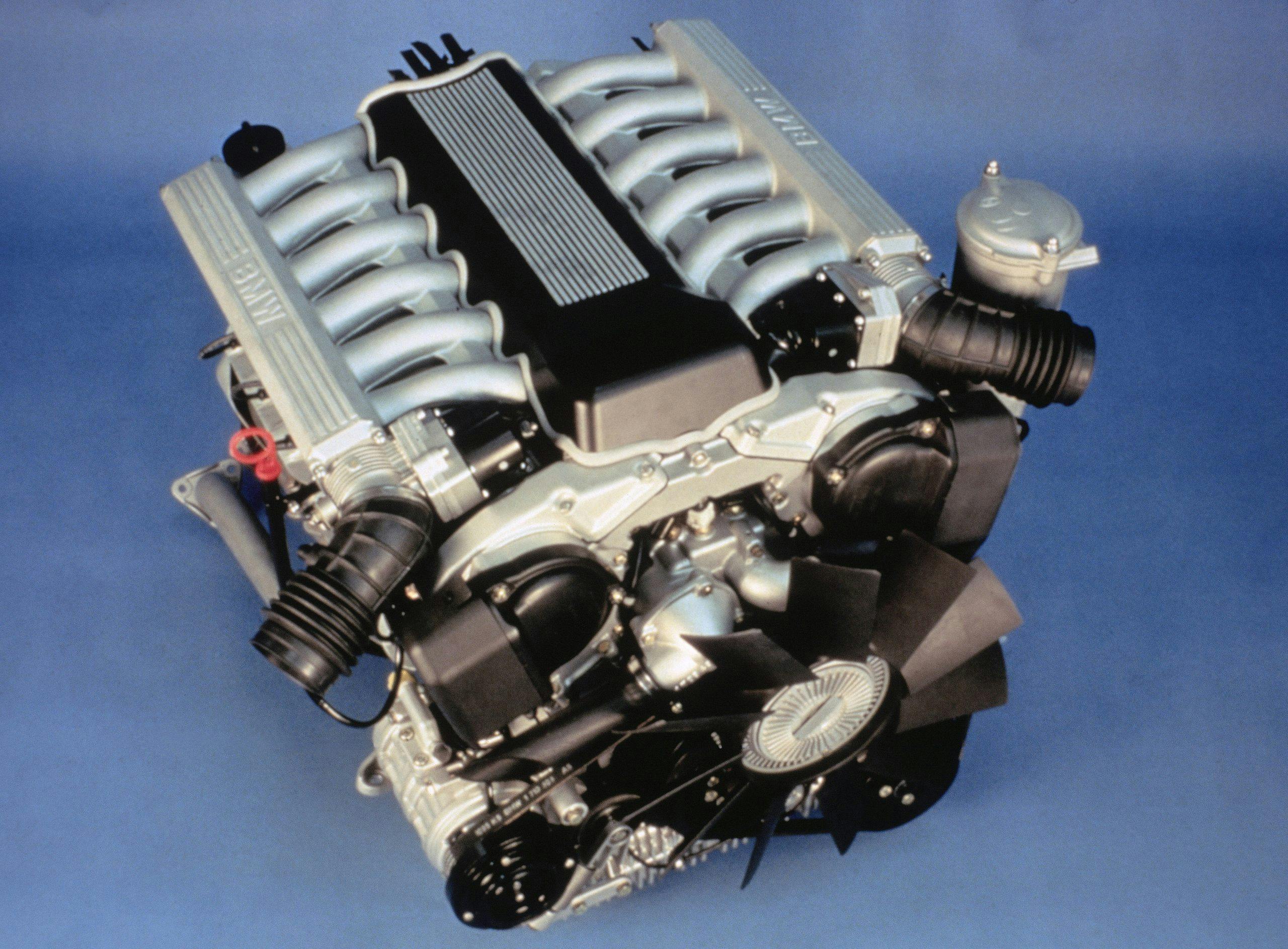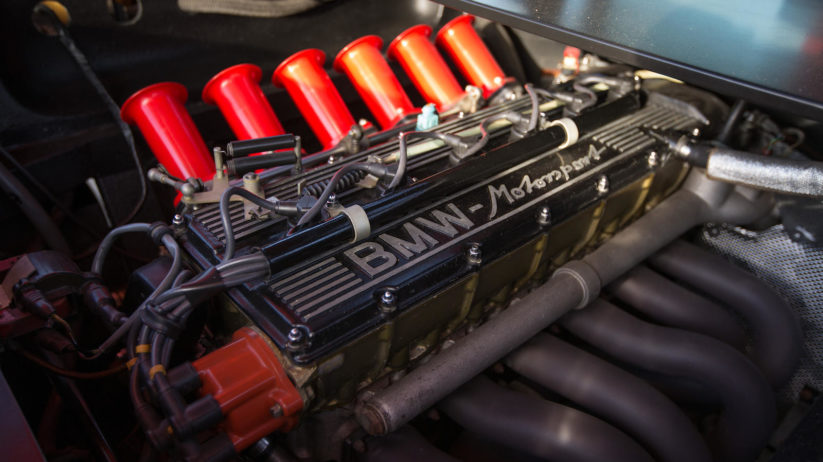Leading 5 BMW Engine Technologies Revolutionizing the Automotive Industry
Leading 5 BMW Engine Technologies Revolutionizing the Automotive Industry
Blog Article
Introducing the Intricacies of Next-Generation Power Units: a Deep Study Advanced Engine Technologies and layouts
In the world of vehicle engineering, the ruthless quest of performance, sustainability, and efficiency has moved the evolution of power devices to extraordinary heights. As we stand on the precipice of a brand-new period in transportation, the complexities of next-generation engine designs bid us to check out the advanced technologies and technologies that guarantee to redefine the driving experience. From sophisticated products that press the boundaries of resilience and weight reduction to innovative turbocharging and supercharging systems that elevate power result to new degrees, each element of these power units holds a vital to unlocking the future of automotive design. Delving much deeper into the worlds of discharge control, intelligent engine administration systems, and the horizon of power system development, we locate ourselves on the cusp of an improvement that promises to reshape the landscape of movement as we know it.
Development of Engine Products

The change in the direction of progressed engine products has actually also enabled engineers to create engines with greater power results while preserving fuel performance standards. The use of lightweight products lowers the total weight of the engine, leading to boosted fuel economic climate and lower emissions. In addition, developments in products modern technology have permitted better thermal administration within engines, leading to boosted dependability and longevity.
Turbocharging and Supercharging Technologies
Exactly How do Turbocharging and Supercharging Technologies reinvent engine performance and efficiency in modern-day cars? Turbocharging and supercharging are modern technologies that substantially improve engine performance by raising the amount of air consumption right into the combustion chamber. Turbocharging achieves this by making use of a wind turbine driven by exhaust gases to pressurize the consumption air, while supercharging uses a belt- or chain-driven compressor to attain the very same effect.
These innovations make it possible for smaller, a lot more fuel-efficient engines to generate power comparable to larger ones, referred to as downsizing. Forcibly more air into the cylinders, turbo charging and turbocharging enhance burning efficiency, leading to enhanced horse power and torque result without a considerable increase in engine dimension. This results in better velocity, pulling capability, and general driving performance.
Additionally, supercharging and turbocharging add to enhanced gas performance by enabling the usage of smaller sized engines that eat less fuel under regular driving problems - bmw engine. This combination of improved performance and performance has made turbocharging and turbo charging integral components of numerous contemporary engine designs
Exhaust Control and Environmental Impact
With enhancing worldwide worries concerning air top quality and ecological sustainability, the execution of exhaust control modern technologies in lorries plays a crucial role in decreasing damaging contaminants released into the ambience. Modern vehicles are outfitted with advanced discharge control systems that assist lessen the environmental effect of vehicle operations. Catalytic converters, as an example, are created to convert hazardous gases such as carbon monoxide gas, nitrogen oxides, and hydrocarbons into less damaging Visit Website substances like co2 and water vapor.
Furthermore, developments in engine technology, such as the assimilation of exhaust gas recirculation systems and careful catalytic decrease, have substantially added to decreasing exhausts. These innovations operate in tandem to enhance combustion effectiveness and reduce the release of hazardous pollutants into the air. Furthermore, the advancement of crossbreed and electrical lorries represents a vital step towards decreasing the total environmental impact of the transportation market.
Intelligent Engine Management Solution

Moreover, these systems make it possible for vehicles to satisfy rigorous discharges standards without jeopardizing performance, giving a more eco-friendly driving experience. The integration of expert system and maker understanding capabilities in engine administration systems continues to push the borders of what is feasible, bring about further renovations read the article in performance, dependability, and overall vehicle performance. bmw engine. As automotive modern technology breakthroughs, intelligent engine monitoring systems will play an important role in shaping the future of transport in the direction of a much more reliable and sustainable direction
Future Trends in Power Unit Growth
As smart engine management systems pave the means for enhanced control pop over to this site and optimization in modern lorries, future trends in power unit growth are positioned to redefine the landscape of automotive propulsion innovations. These different power resources provide boosted efficiency and performance while straightening with stringent ecological guidelines.
An additional substantial fad is the assimilation of sophisticated products and producing strategies. Light-weight products such as carbon fiber and light weight aluminum are being utilized to lower total automobile weight, enhancing fuel performance and efficiency. Furthermore, innovations in 3D printing and additive production are making it possible for the production of intricate engine elements with greater precision and durability.
In addition, fabricated knowledge and artificial intelligence are playing a vital duty in optimizing power device performance. These innovations enable real-time monitoring and flexible control, causing more efficient and dependable power delivery. Overall, future trends in power unit advancement are geared towards performance, performance, and sustainability, driving the auto industry towards a brand-new age of propulsion technologies.

Verdict
To conclude, the improvements in engine products, turbocharging, discharge control, and intelligent management systems have actually led the way for next-generation power units. These advancements have not only enhanced performance and performance yet likewise lowered environmental influence. As innovation proceeds to progress, future trends in power unit development are likely to concentrate on more boosting sustainability and maximizing power outcome. The elaborate layouts and advancements in contemporary engines display the recurring evolution of vehicle innovation.
Discovering the progressive developments in engine materials has actually been pivotal in boosting the performance and performance of modern engines. Over the years, the advancement of engine products has played an important duty in pressing the limits of what engines can accomplish.The change in the direction of progressed engine products has actually likewise allowed engineers to create engines with greater power results while keeping fuel effectiveness standards.The execution of intelligent engine management systems in modern lorries has reinvented the way engines are managed and optimized for efficiency and efficiency. By gathering data in real-time and analyzing it with advanced algorithms, smart engine management systems can adjust to driving styles, ecological variables, and engine health and wellness to make the most of power output while minimizing gas usage and emissions.
Report this page